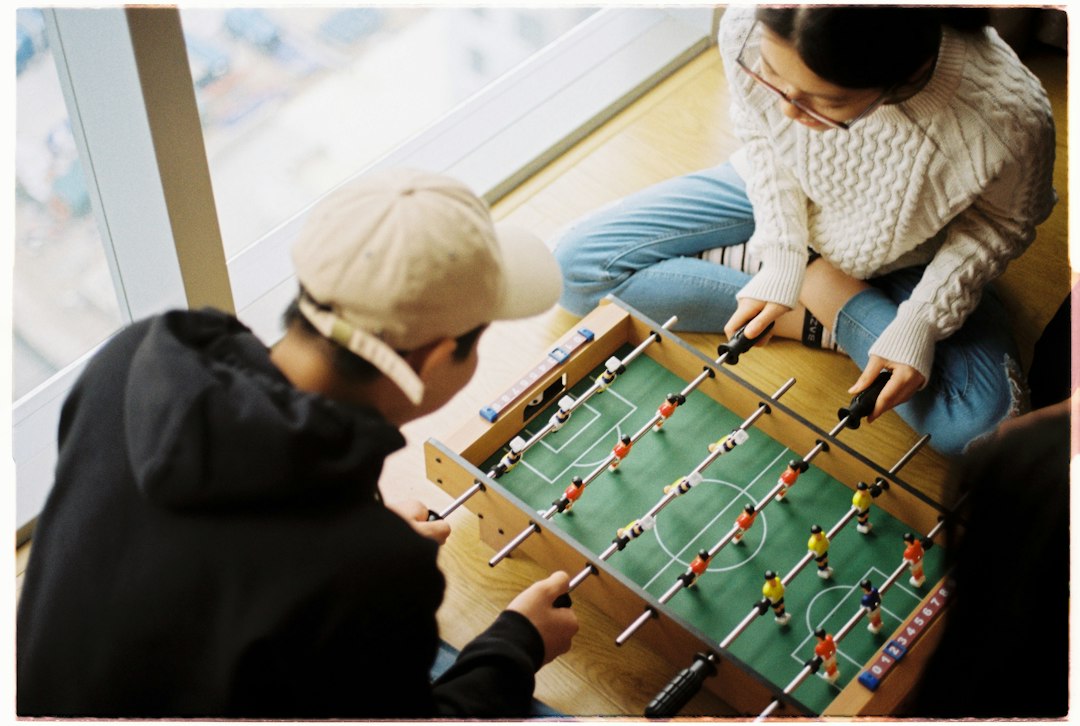How Gaming Can Improve Hand-Eye Coordination and Fine Motor Skills
In recent years, gaming has become one of the most popular forms of entertainment around the world. Whether it’s casual mobile games or intense multiplayer experiences, people of all ages are immersing themselves in virtual worlds. While gaming has often been criticized for its negative effects on health and development, recent research suggests that it can actually have some surprising benefits, specifically in the area of hand-eye coordination and fine motor skills.
Hand-eye coordination refers to the ability to synchronize the movements of your hands and eyes, allowing you to perform tasks that require precise control and timing. It plays a crucial role in everyday activities such as writing, typing, driving, and even playing sports. Fine motor skills, on the other hand, involve the coordination of small muscles in the hands and fingers, enabling actions like gripping a pen, buttoning buttons, or using utensils. Both of these skills are essential for our daily lives, and gaming has been found to enhance them in several ways.
Firstly, gaming requires players to have quick reflexes and react to stimuli in real-time. Many popular games involve fast-paced action and require players to make split-second decisions. This constant demand for quick thinking and quick reactions forces players to sharpen their hand-eye coordination. As they navigate virtual worlds, gamers must rapidly process visual information and translate it into precise movements on their controllers or keyboards. This repetitive practice trains the brain to improve the connectivity between the visual and motor areas, ultimately enhancing hand-eye coordination.
Furthermore, gaming often involves complex and intricate movements that require precise control of the fingers and hands. For example, in games that require precise aiming, players must make tiny adjustments to their hand movements to hit targets accurately. This level of control can translate directly into improved fine motor skills. As players spend hours manipulating buttons, triggers, and joysticks, their fingers become more agile and adept at delicate movements. This refined dexterity can then be applied to real-world tasks that demand intricate hand movements, such as art, playing musical instruments, or even surgery.
Research has also shown that certain types of games specifically designed to improve hand-eye coordination can have significant benefits. These games often involve challenging puzzles or tasks that require precise coordination between visual input and physical actions. Studies have found that individuals who regularly engage in these types of games show measurable improvements in their hand-eye coordination as well as fine motor skills. Some rehabilitation centers even use video games as part of therapy to aid patients in recovering hand-eye coordination after accidents or diseases.
Gaming can also promote hand-eye coordination and fine motor skills through multiplayer experiences. Many games encourage players to work together, and successful teamwork often relies on effective communication and coordination. Whether it’s a strategic shooter or a cooperative puzzle game, players must synchronize their actions and adapt to each other’s movements. This process of collaboration and coordination encourages individuals to improve their own hand-eye coordination and fine motor skills while also learning to work harmoniously with others. These skills can translate into real-life situations where teamwork and coordination are essential, such as team sports or professional workplaces.
In conclusion, gaming has shown remarkable potential in enhancing hand-eye coordination and fine motor skills. From the fast reflexes demanded by action-packed games to the precise control required by complex movements, gamers are constantly challenging and improving their coordination abilities. Moreover, specialized games designed explicitly for hand-eye coordination continue to provide a valuable tool for rehabilitation and therapy. So, the next time someone questions the benefits of gaming, you can confidently share how it can contribute positively to hand-eye coordination and fine motor skills.

